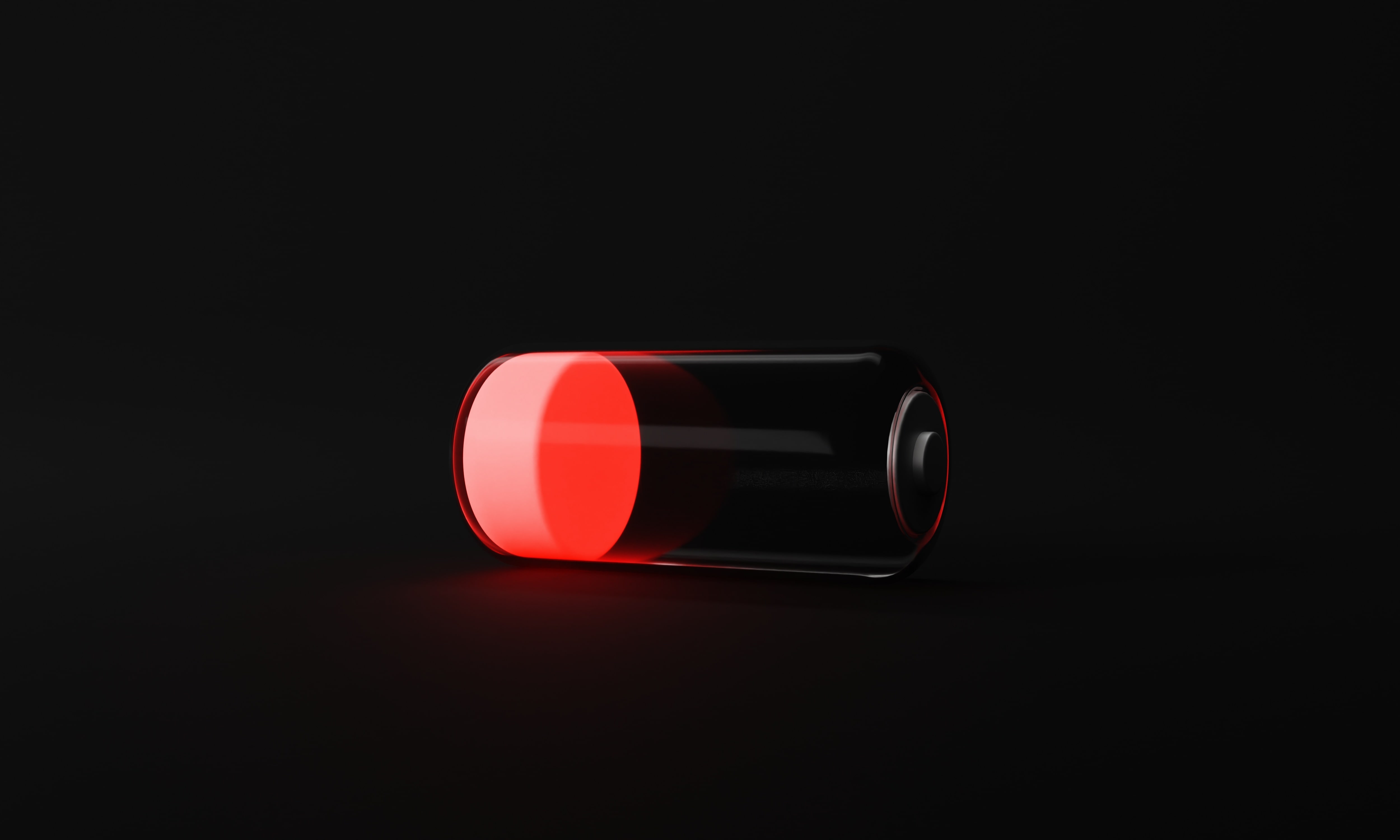
Nov 10, 2023
Have you ever returned to your hybrid vehicle after a long break, only to be greeted with a dead hybrid battery? This frustrating scenario is not just a minor inconvenience but a growing issue for many hybrid car owners. As hybrids become more prevalent, understanding the nuances of their battery systems, especially when left unused, is crucial.
The Hybrid Battery Conundrum Hybrid batteries are marvels of modern automotive technology, combining traditional combustion engines with electric power. Unlike standard car batteries, which primarily start the engine and power electronics, hybrid batteries provide significant propulsion. However, many are unaware that these batteries, whether lithium-ion or nickel-metal hydride, require regular usage to maintain optimal health. This lack of awareness often leads to unexpected power loss and expensive repairs.
The Impact of Prolonged Inactivity When a hybrid car sits idle, its battery doesn't just 'pause.' It slowly loses charge—a process known as self-discharge. This phenomenon is natural but can be accelerated by factors like extreme temperatures. Real-life instances abound where car owners have returned after a few weeks to find their hybrid vehicles struggling to start, indicating significant battery charge loss.
Why Does This Happen? Every battery experiences self-discharge, but hybrid batteries are more complex and sensitive. They are engineered for regular charging and discharging cycles, which don't occur during long periods of inactivity. Additionally, environmental factors like high or low temperatures can exacerbate this discharge, leading to a reduction in overall battery life and efficiency.
Preventive Measures To prevent such scenarios, regular vehicle maintenance and operation is key. If you plan to leave your hybrid car unused for an extended period, consider disconnecting the battery or using a trickle charger to maintain its charge. You can also ask a trusted person to drive the car occasionally. Storing the vehicle in a temperature-controlled environment can also mitigate the risk of accelerated battery discharge.
Warranty Many hybrid battery warranties have low mileage provisions or deductibles, so be sure to check. For example, at Hybrid Battery 911, you must drive your vehicle for 625 miles a month to maintain your warranty’s validity for most standard warranties.
Addressing the Problem If you face battery issues, seeking professional help is vital. Hybrid battery systems are complex and require specialized knowledge for proper handling and repair. While the cost may vary, addressing the issue promptly can save you from more significant expenses down the line, such as a complete battery replacement.
Conclusion: Hybrid battery charge loss is a silent issue that can catch many off guard. By understanding the causes and taking preventative steps, you can ensure that your hybrid car remains reliable and ready to go, even after extended periods of inactivity. If you come back to a dead hybrid battery, give us a call!

